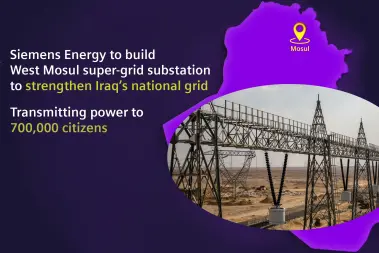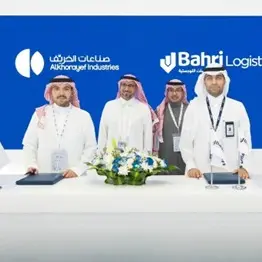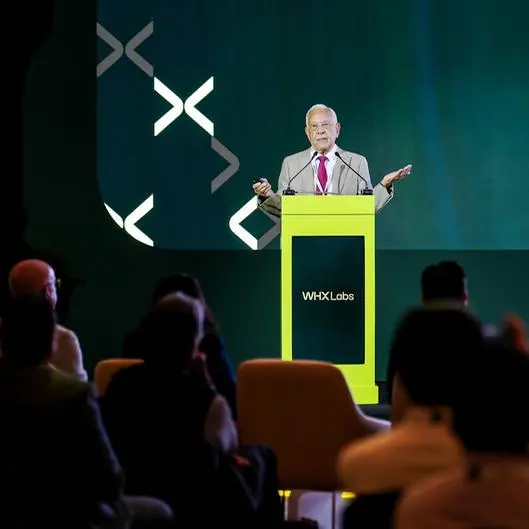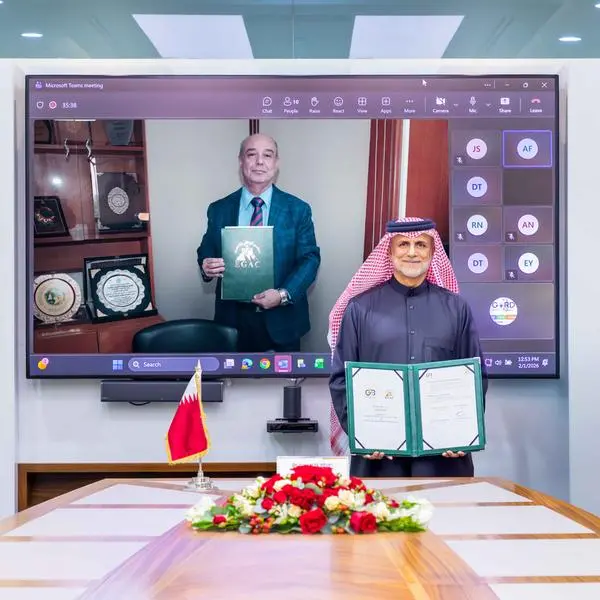PHOTO
- 400-kV station to be the largest in Northern Iraq
Siemens Energy and the Ministry of Electricity of the Republic of Iraq signed a contract to construct Iraq’s West Mosul 400-kilovolt (kV) super grid station, which will provide reliable and efficient power supply to around 700,000 Iraqi citizens in northern Iraq, particularly the Nineveh province.
The construction of the Mosul station, which was destroyed in 2014, will help ensure stability in the transmission of power supply to the covered areas, coupled with a reduction in power losses. The newly built 400-kV station will supply approximately 30 stations with voltage levels of 132-kV, thereby helping to tackle the severe shortage of power supply in the Nineveh province.
“Strengthening the national grid and scaling up its stability is a focal priority for us as demand for power in Iraq increases due to a growing population and to support industries and development projects in the country,” said Eng. Khalid Ghazay Attia, Director General, Electricity Transmission Company, Northern Region, Iraq. “The new Mosul station aims to bring predictable power to support the reconstruction and rebuilding of the Nineveh Governorate, recovering now from years of war. We’re already working on comprehensive grid projects across the country in collaboration with international partners, like Siemens Energy, to deploy the most reliable and advanced technologies.”
The project will be financed by the German state-owned development bank KfW.
“We’re proud to support the Iraqi national grid with our latest technologies. The new project comes at a significantly important time for Nineveh province,” said Mahmoud Hanafy, Vice President, Grid Stabilization, Middle East. “In addition to this project, we’re working relentlessly on the installation of more than 14 stations across Iraq. Just recently, we delivered 35 high voltage transformers to the Ministry of Electricity as part of Siemens Energy’s Roadmap for Iraq.”
For the West Mosul project, Siemens Energy’s scope of work includes the design, equipment manufacturing, construction, site delivery, erection, testing and commissioning for the turnkey 400/132/11kV substation project together with the supply of 13 auto transformers.
In 2019 Siemens and the Ministry of Electricity of the Republic of Iraq signed an implementation agreement to kick off the execution of the Iraq Roadmap which includes the addition of new and highly efficient power generation capacity, rehabilitation and upgrade of existing plants and the expansion of transmission and distribution networks.
© Press Release 2021
Disclaimer: The contents of this press release was provided from an external third party provider. This website is not responsible for, and does not control, such external content. This content is provided on an “as is” and “as available” basis and has not been edited in any way. Neither this website nor our affiliates guarantee the accuracy of or endorse the views or opinions expressed in this press release.
The press release is provided for informational purposes only. The content does not provide tax, legal or investment advice or opinion regarding the suitability, value or profitability of any particular security, portfolio or investment strategy. Neither this website nor our affiliates shall be liable for any errors or inaccuracies in the content, or for any actions taken by you in reliance thereon. You expressly agree that your use of the information within this article is at your sole risk.
To the fullest extent permitted by applicable law, this website, its parent company, its subsidiaries, its affiliates and the respective shareholders, directors, officers, employees, agents, advertisers, content providers and licensors will not be liable (jointly or severally) to you for any direct, indirect, consequential, special, incidental, punitive or exemplary damages, including without limitation, lost profits, lost savings and lost revenues, whether in negligence, tort, contract or any other theory of liability, even if the parties have been advised of the possibility or could have foreseen any such damages.



















